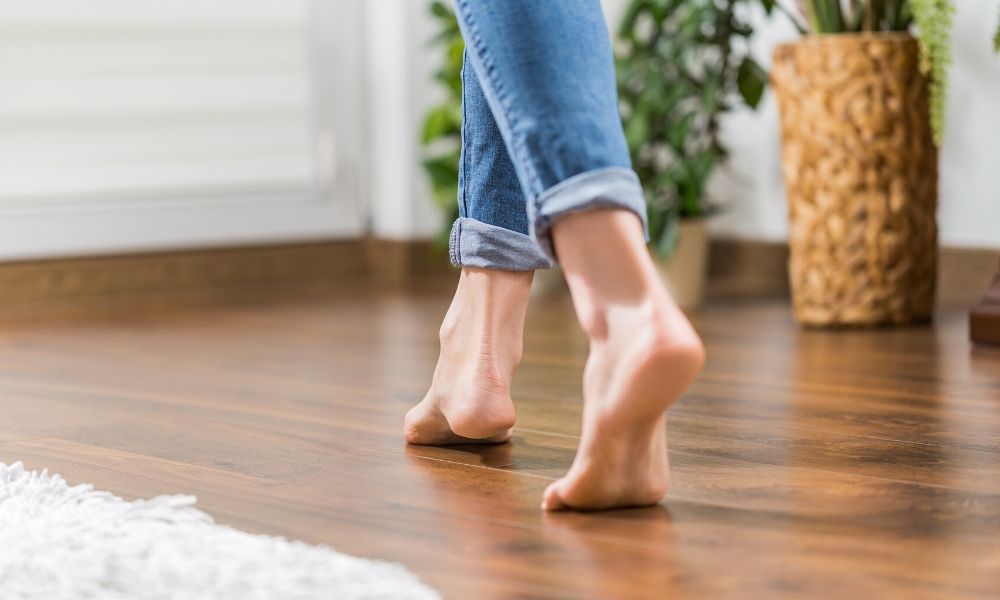Most people know the Earth is under great stress from humans’ environmentally harmful practices and overuse of nonrenewable energy sources. In response, many people have taken it upon themselves to live more sustainable lifestyles. This takes serious dedication in everyday practices, from food to living arrangements. Transforming a home into one that’s environmentally safe is challenging. Fortunately, you can consider any of these most popular eco-friendly flooring materials to start.
Cork
Cork is a type of bark tissue found in the cork oak tree in Europe and Africa. It’s an impermeable, elastic material with fire-resistant properties. Mostly associated with wine and bottle stoppers, cork makes an excellent flooring agent. It’s naturally derived and insulated against heat and cold. Better yet, bugs, mold, and mites cannot penetrate it. The most environmentally and economically cautious people can even use recycled wine corks as a base material with a starting price of a few dollars per square foot. Overall, cork floors are durable, resistant, and cost-efficient.
Bamboo
Bamboo is another plant-derived matter. Costing just a couple dollars per square foot, bamboo makes for one of the most sustainable flooring options due the plant’s fast-growing properties. Bamboo is harvested in as few as three years without serious drawbacks. One consideration that homeowners should make is from where they source the product. Bamboo may come from unfair trade practices and high-polluting harvesters. It’s also commonly treated with formaldehyde, so be aware of this potential health risk.
Recycled Carpeting
Many floorers use recycled materials for eco-friendly households. These materials include ceramic tiles, stone, and even carpet. In fact, recycled carpet makes for an excellent flooring option. Typical carpet is manufactured with petroleum—the same nonrenewable resource used for gas and fuel—and treated with other chemicals. This can release harmful toxins into your home’s atmosphere, threatening the health of you and your family members. Avoid this with eco-friendly carpeting. This type of carpet can be costly, but you won’t need to worry about toxic chemicals or treatments. Instead, natural carpeting made from wool or jute is treated with nontoxic finishes for further environmental protection.
Hardwood
Lastly, hardwood is a byproduct of natural lumber. Rather than relying on synthetic properties, this component is biodegradable and recyclable. It also comes in a plethora of color options. When choosing sustainable hardwood, opt for hardwood from green sources. Green lumber mills ensure environmental stewardship during the lumber and hardwood manufacturing process. Likewise, consider choosing recycled hardwood for even eco-friendlier floors. Once wood sees end-of-life use, it can be recycled into different products, one of which is hardwood floors. This way, no new trees are sourced for lumber, preserving that forest’s integrity.









